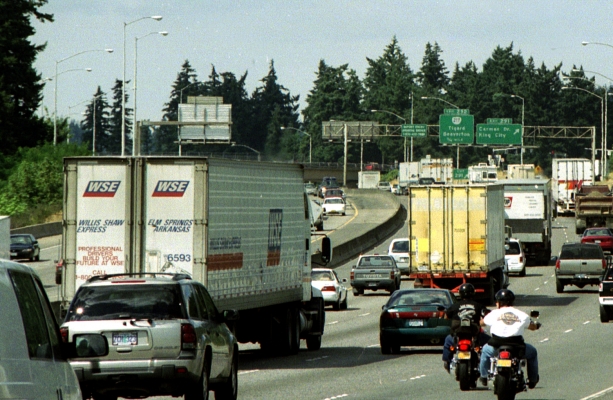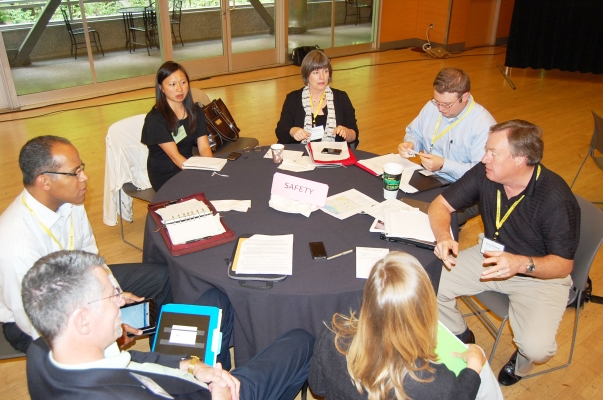The USDOT’s Research and Innovative Technology Administration (RITA) 7th Annual UTC Spotlight Conference on Sustainable Energy and Transportation: Strategies, Research, and Data was held on November 8-9 in Washington, DC and featured OTREC energy related research from Portland State University and Oregon State University. This year’s conference focused on promoting dialogue and coordination among University Transportation Centers (UTCs), federal agencies, industry, and state and local agencies on research to address the complex and challenging issues concerning sustainable energy and transportation. The plenary and breakout sessions focused on research to improve energy efficiency, reduce dependence on fossil fuels, and identify of effective strategies to promote USDOT's strategic goals. As the U.S. moves toward a performance-based transportation bill, energy-focused environmental sustainability is expected to become one of the pillars against which success is measured if it is to become a national priority.
Dr. B. Starr McMullen, Oregon State University, took part on a plenary panel discussion on the interconnection of energy use, pricing and finance and highlighted two OTREC funded projects The Relationship Between VMT and Economic...
Read more

